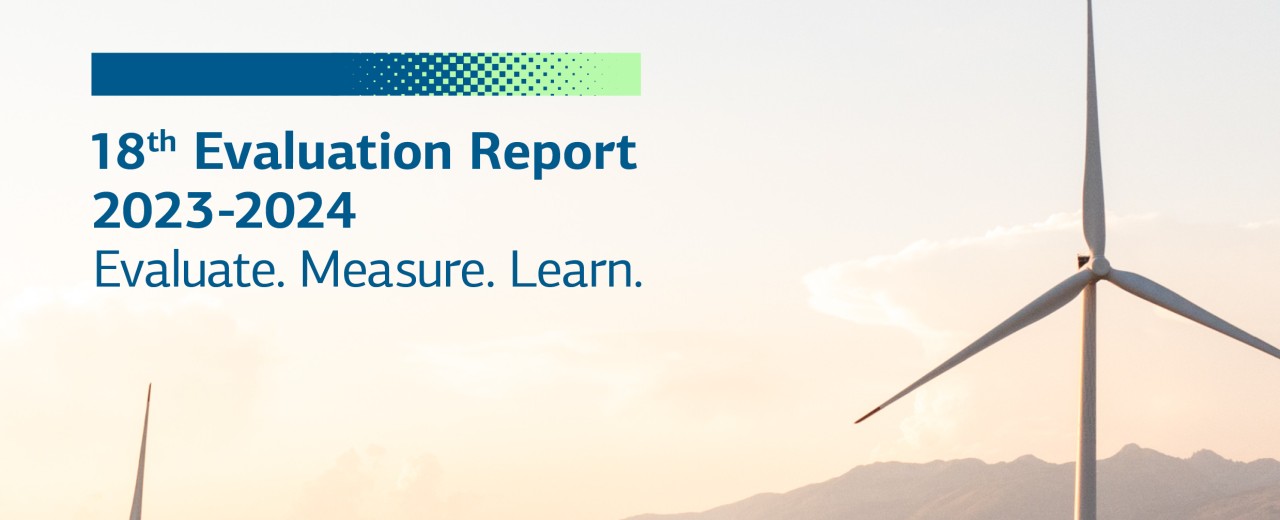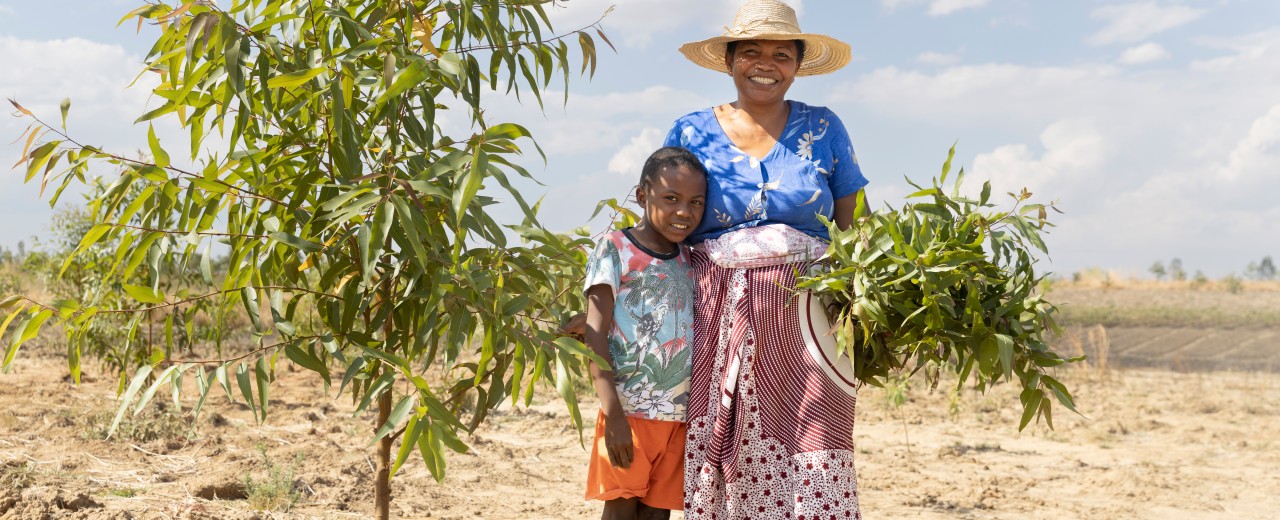News from 2025-05-27 / KfW Development Bank
18th Evaluation Report published
Evaluate. Measure. Learn.

KfW Development Bank has published the 18th Evaluation Report with the title "Evaluate. Measure. Learn". The Evaluation Report is published every two years and looks back on a long tradition. Since its initial publication in 1991, the measurement of the impacts of financial cooperation (FC) projects and their transparent presentation have become increasingly important. This year’s report provides valuable insights into the successes and failures of projects and shows modern approaches to impact measurement.
Christiane Laibach, Member of the Executive Board of KfW Group, comments: "In a time of volatility and geopolitical uncertainty, we are facing major challenges both in Germany and in our partner countries. The federal elections and the recently concluded coalition negotiations have shown that public awareness of development cooperation is greater than ever and its benefits for Germany are under scrutiny. We want to bring facts and good arguments to bear on the increasingly critical public debate on the effectiveness of development cooperation. In the current global situation, evaluations as presented in the Evaluation Report, are an important key to strengthening confidence in our measures and underscore the significance of development cooperation."
More than 100 completed ex-post evaluations for the years 2023–2024 allow for more in-depth conclusions on the success of financial cooperation projects in the “Measure” section. These evaluations are the basis for calculating the global FC success rate: close to 85% of FC projects are successful. At the same time, there are differences in the success rate between sectors and regions, which the report examines in more detail. What can be learned from this for future projects is presented as an example for the finance, energy and education sectors.

The "Evaluate" chapter presents the work of KfW’s Development Impact Lab. The Lab manages KfW Development Bank’s impact evaluations – an instrument that focuses on examining the causal impacts of FC projects while they are being implemented. A world map shows all ongoing impact evaluations and gives a voice to the impact evaluation champions. The Impact Lab also introduces itself and provides exciting insights into projects from Tanzania, Madagascar and Vietnam. Jochen Kluve, Head of Evaluation at KfW Development Bank, explains: "The aim of the Impact Lab is to provide feedback for the operational colleagues during project implementation, to test measures to increase their effectiveness and efficiency, and to measure the impact of a project per euro spent. I am delighted that it has been so well received and that we are working on the project and its evaluations with many motivated colleagues."
The last part of the report takes a closer look at a core theme of the evaluation work – institutional learning. For example, a joint evaluation by Gesellschaft für Internationale Zusammenarbeit (GIZ) and KfW Development Bank examines collaboration in development cooperation. Finally, there is a particularly topical article: Estelle Raimondo, Head of Methods at World Bank Evaluation (IEG), and Jochen Kluve discuss how artificial intelligence can be used in the evaluation of development cooperation and the risks and opportunities it presents.

Share page
To share the content of this page with your network, click on one of the icons below.
Note on data protection: When you share content, your personal data is transferred to the selected network.
Data protection
Alternatively, you can also copy the short link: https://www.kfw-entwicklungsbank.de/s/enzBWrMC.DP0A
Copy link Link copied